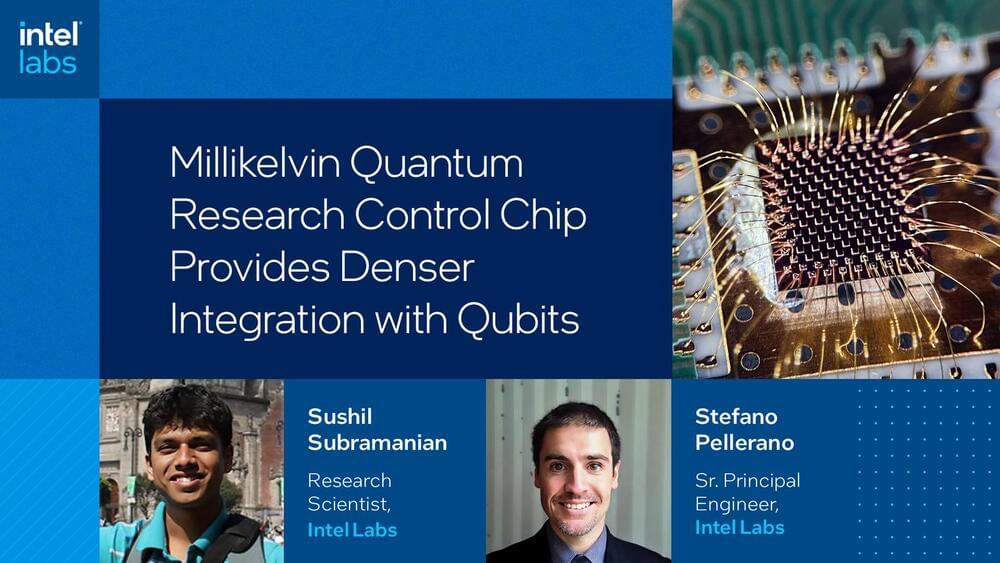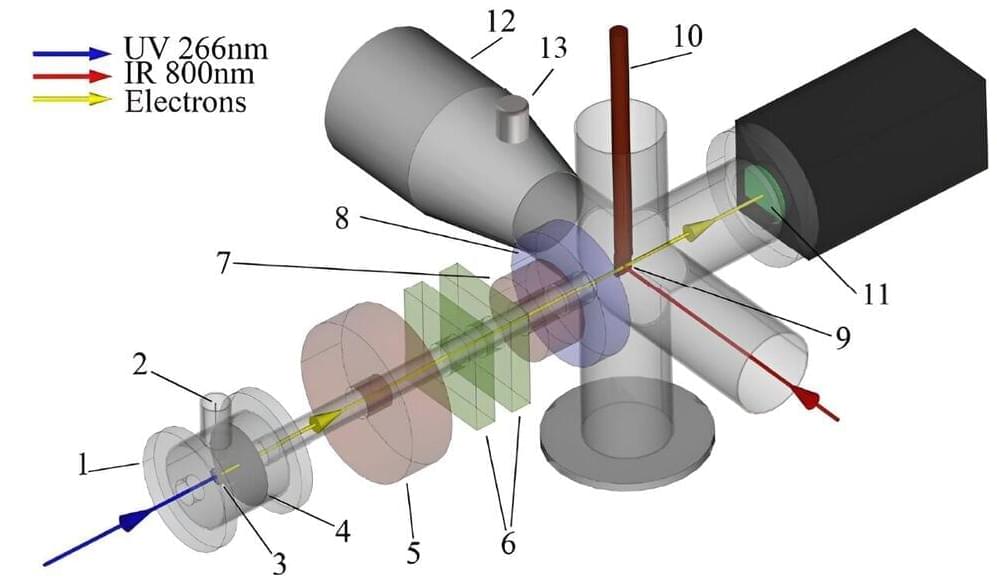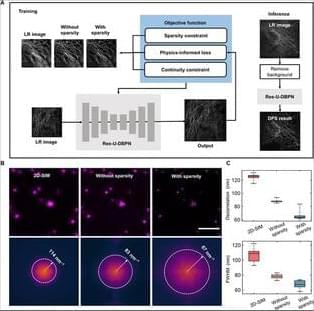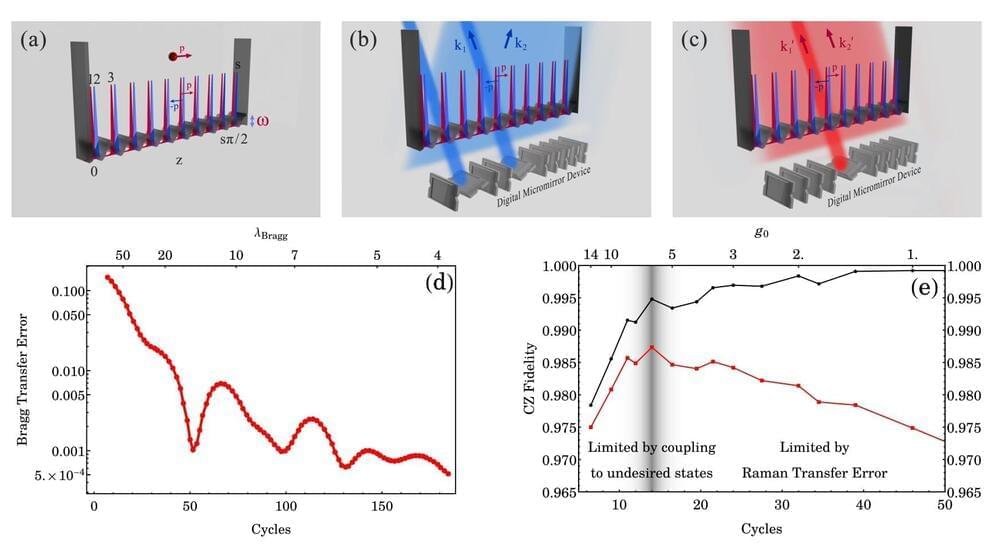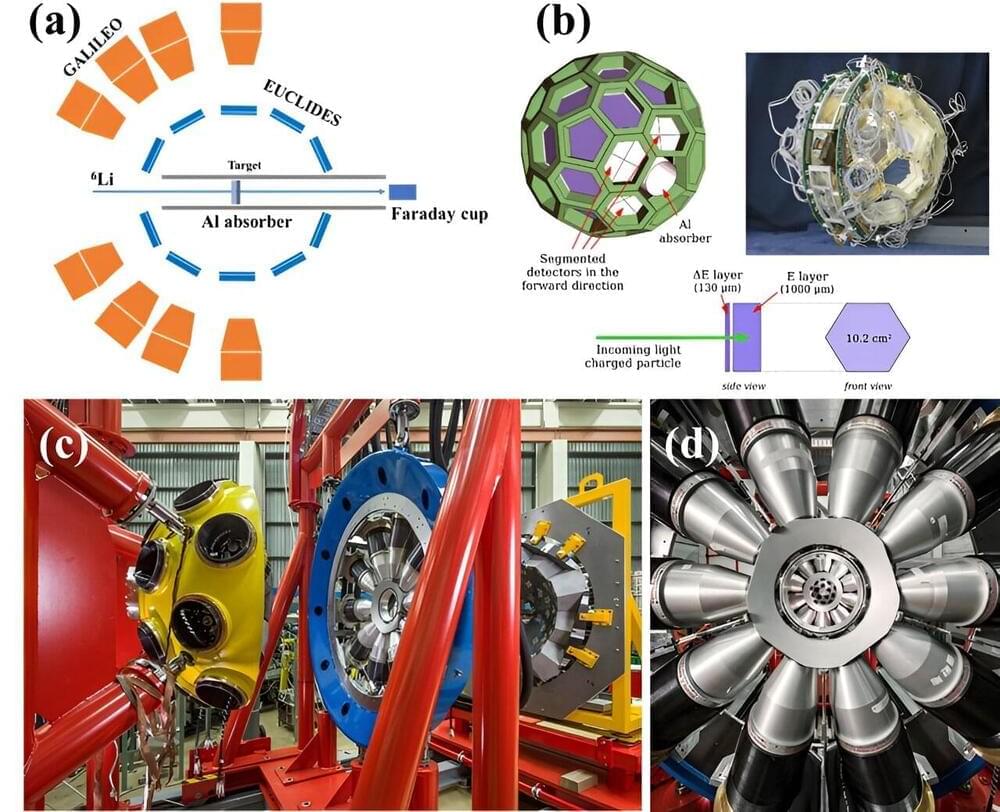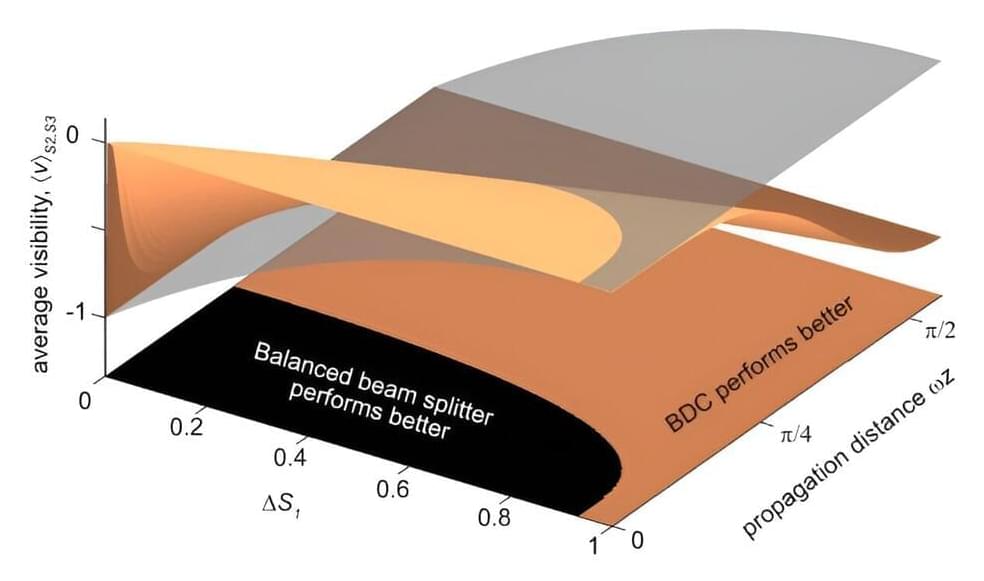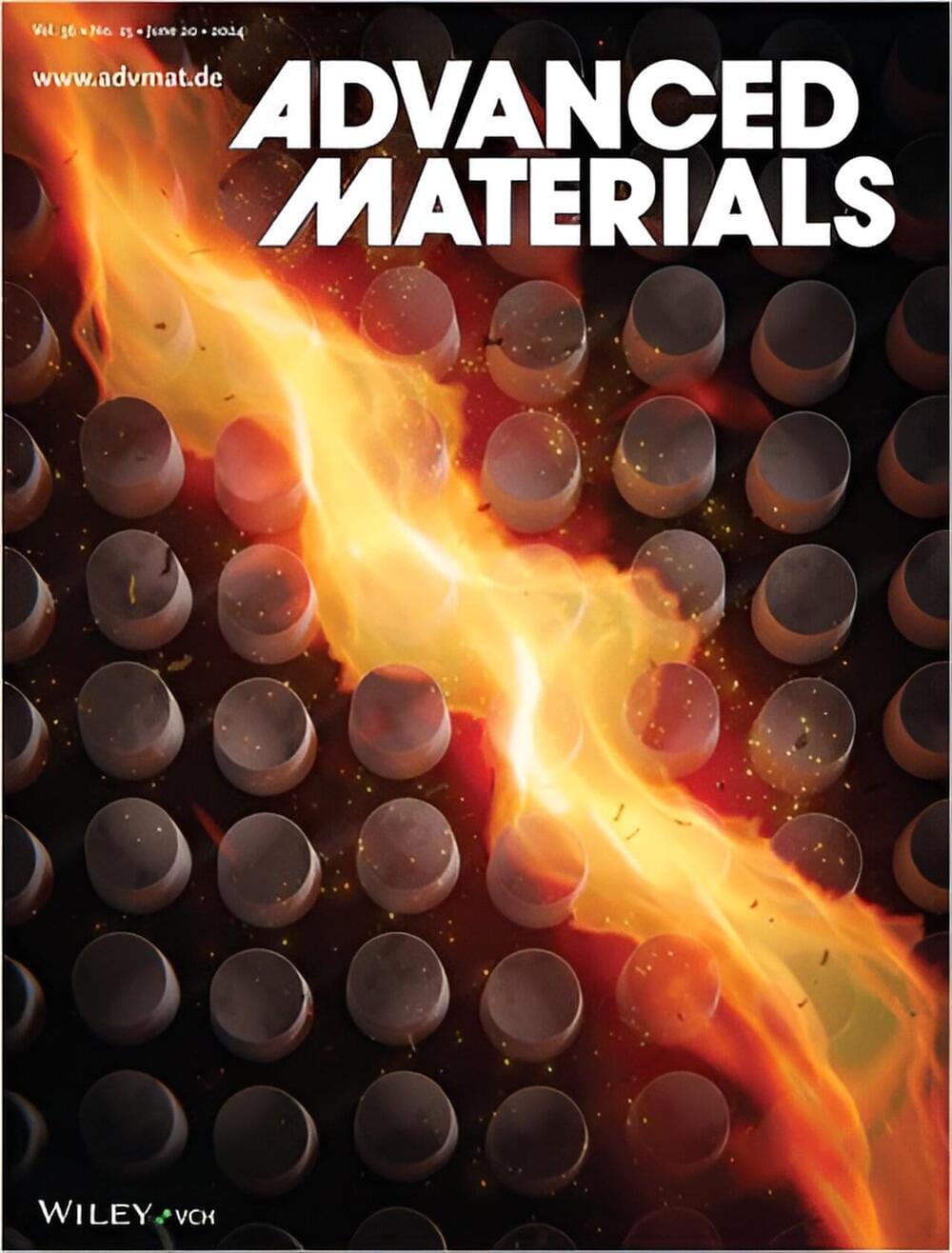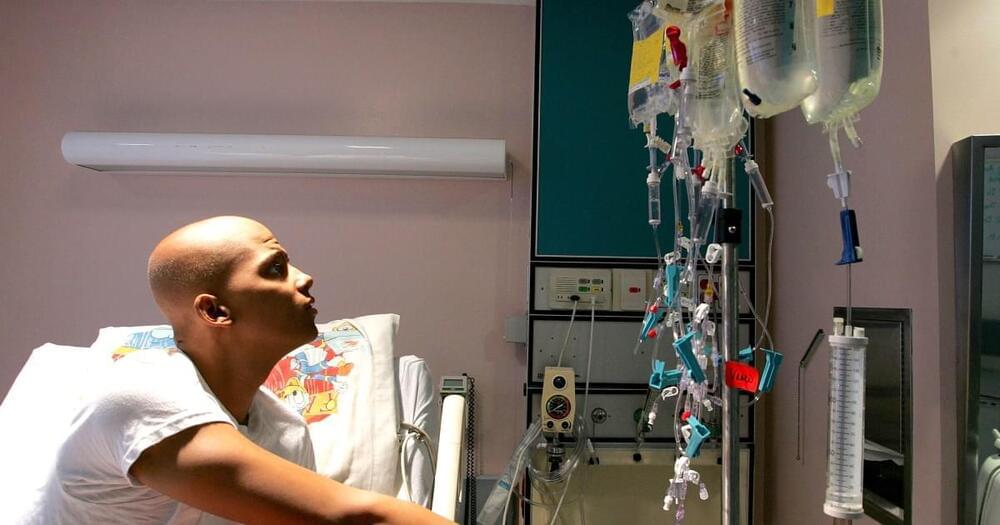Jun 22, 2024
Intel’s Millikelvin Quantum Research Control Chip Provides Denser Integration with Qubits
Posted by Cecile G. Tamura in categories: computing, quantum physics
Intel debuts new chip focused on addressing quantum computing’s wiring bottleneck.
Intel’s millikelvin quantum research control chip, code-named Pando Tree, establishes Intel as the first semiconductor manufacturer to demonstrate the distribution of cryogenic silicon spin qubit control electronics…
Sushil Subramanian is a research scientist at Intel where he works on integrated circuits and systems for qubit control in quantum computers. Co-author Stefano Pellerano is a senior principal engineer and lab director of the RF and Mixed-Signal Circuits Lab where he leads the research and development effort on cryogenic electronics for qubit control.
